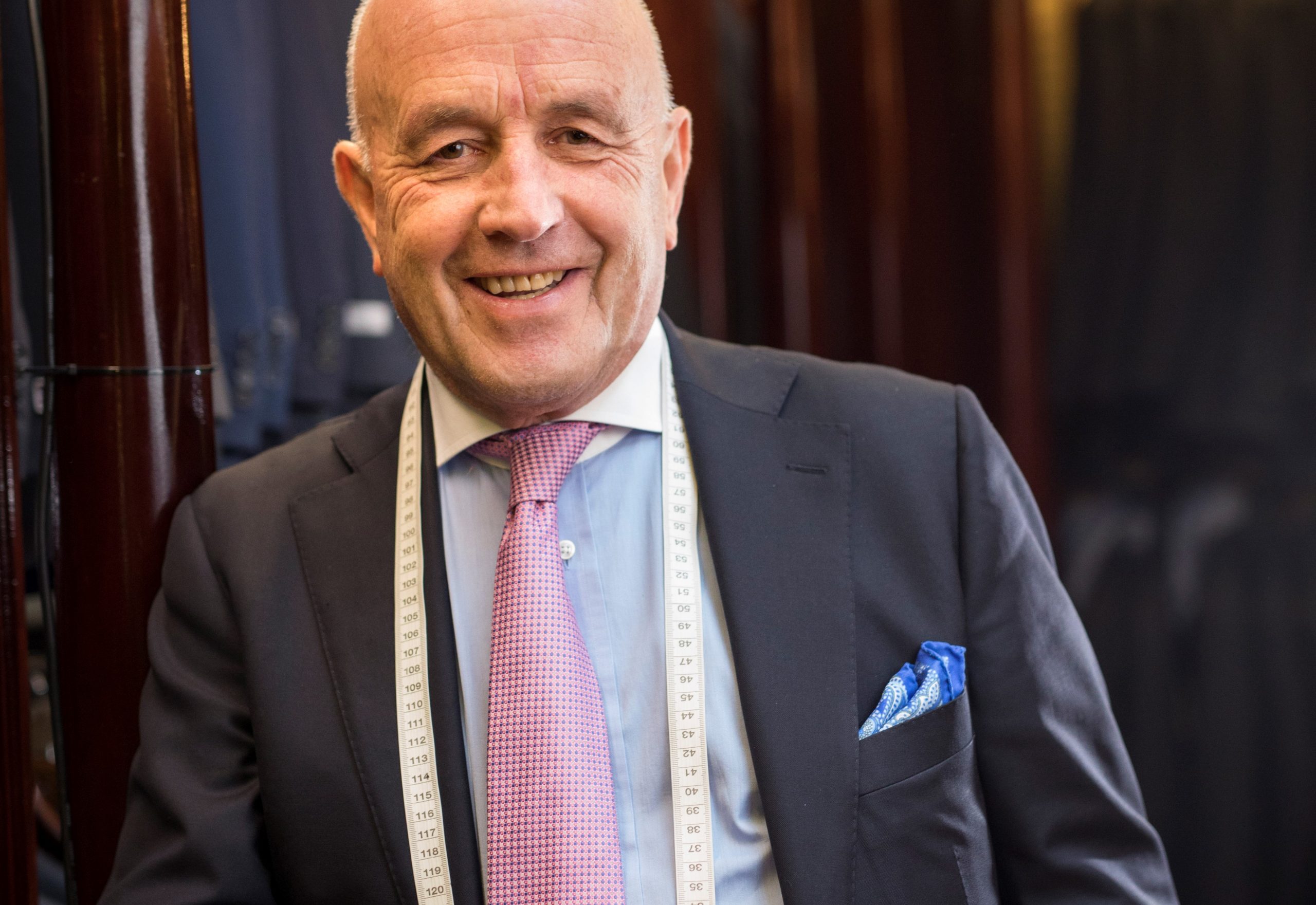When I first went freelance, the most common question I encountered was if I worked from home in my pyjamas. The answer has always been no. It is my number one rule: dress for the day. If you let that one slip, what’s next? Tuning into Maura and Dáithí over a leisurely lunch? As delightful as that might sound, it won’t pay the bills, let alone the TV licence. Now, as the world adjusts to work minus the commute, how you dress is being shown up for the powerful force it is. Most of us have spent the last few…
Cancel at any time. Are you already a member? Log in here.
Want to read the full story?
Unlock this article – and everything else on The Currency – with an annual membership and receive a free Samsonite Upscape suitcase, retailing at €235, delivered to your door.

